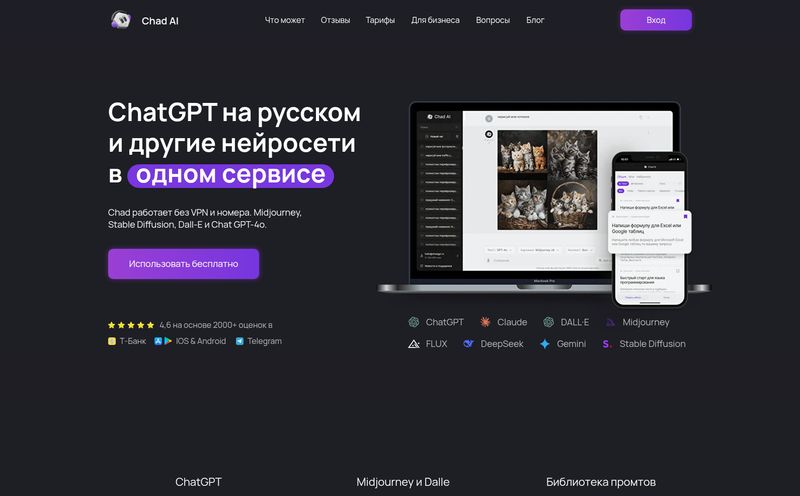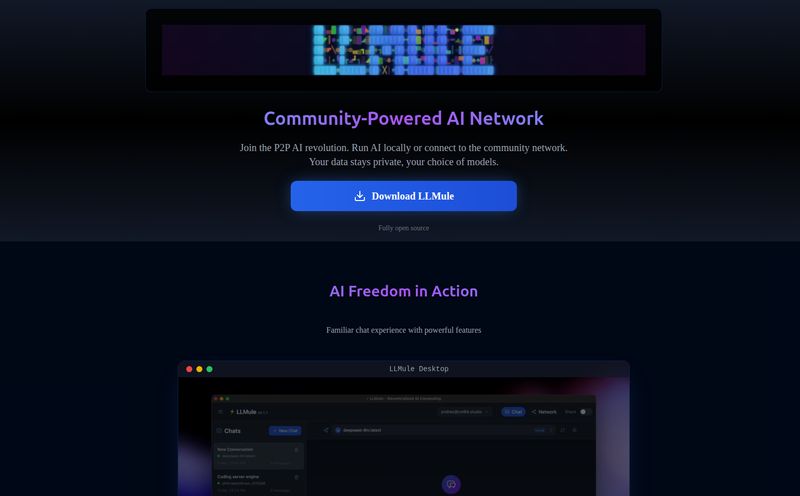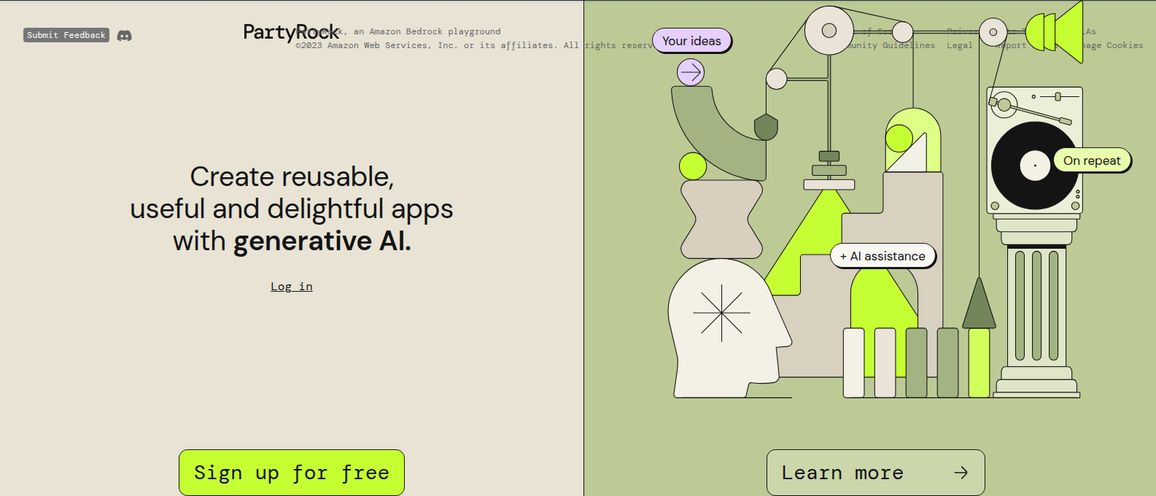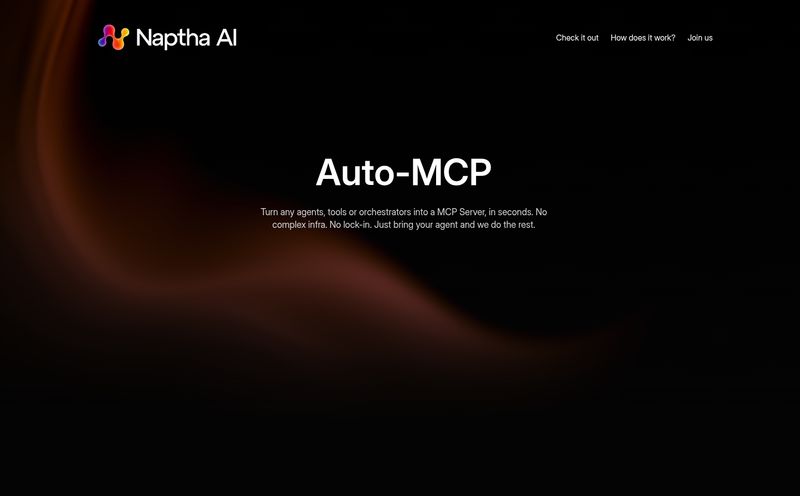If you're a developer, you know the feeling. That initial burst of excitement for a new project, the brilliant idea... and then the slow, creeping dread of the setup phase. Backend setup is a drag. Seriously. It’s the digital equivalent of doing all the tedious prep cooking—chopping onions, peeling potatoes—before you can even start creating the masterpiece meal. You know the drill: spinning up a database, wrestling with user authentication, writing the same boilerplate API endpoints for the umpteenth time.
I’ve lost more weekends to that stuff than I care to admit. It’s the necessary evil of our trade. But what if it wasn't? What if you could just... skip it?
That's the promise of a tool I’ve been playing with recently called Contember. It’s been making some noise in the dev community, tossing around terms like "AI-assisted," "open-source framework," and "launch in minutes." My inner skeptic immediately perked up, but so did my inner, overworked developer. So I decided to take it for a spin and see if it’s genuinely the timesaver it claims to be, or just more marketing fluff.
What Exactly Is Contember, Anyway?
Okay, cutting through the jargon, Contember is a platform designed to build the backbone of your application at lightning speed. Think of it as a development accelerator. It doesn’t write your whole app for you—that’s still your job—but it handles all the repetitive, foundational backend tasks so you can focus on the unique features that actually matter to your users.
It’s built on a pretty smart stack: a well-structured PostgreSQL database, an instant GraphQL API to talk to it, and a ReactJS admin interface. The magic is that it generates all of this for you based on a simple schema you define. But here's the kicker: it hands you the entire project as clean, customizable TypeScript code. This isn't a black box. It's more like a professional starter kit.
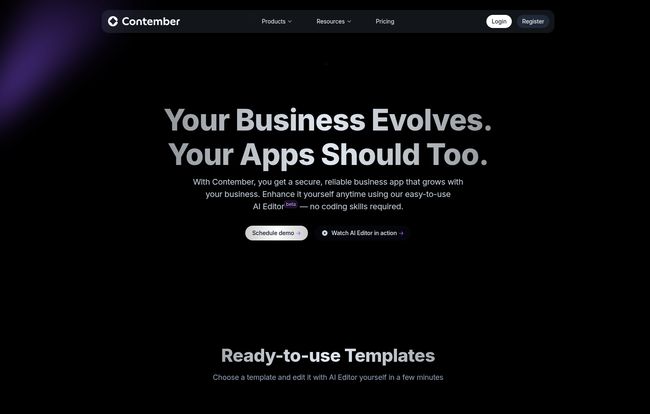
Visit Contember
The whole ecosystem is kind of a three-piece band:
- The AI Studio: Your brainstorming partner for getting the initial data model and UI sketched out.
- The Open-Source Framework: The actual code and tools you work with to build and customize everything. Freedom!
- Contember Cloud: The managed hosting platform to deploy and run your app without becoming a DevOps engineer overnight.
The Features That Actually Matter
A feature list is just a list. What I care about is how it changes my workflow. A few things in Contember really stood out to me as game-changers.
The AI Studio: Your Prototyping Co-Pilot
I’ll admit, I was ready to dismiss the "AI" part as a gimmick. But I was wrong. The Contember AI Editor is genuinely useful for that initial, blank-page phase. You can literally just describe your app in plain English. I typed something like, "I need a simple project management tool with projects, tasks, and users. Tasks should have a status and a due date."
A few moments later, it spat out a complete data schema and a basic user interface to manage it. Was it perfect? No. But it was about 80% of the way there, and it saved me at least a few hours of mapping things out. It's less of an all-knowing AI and more of a super-intelligent assistant who's great at getting a first draft done. A massive win in my book.
Getting Your Hands Dirty with the Open-Source Framework
This is the part that really sold me. Unlike some Backend-as-a-Service (BaaS) platforms that lock you into their ecosystem, Contember gives you the keys to the kingdom. You get all the TypeScript source code. If you don't like how something works, you can change it. You're not stuck with a pre-canned authentication flow or a rigid API structure. You’re building on a solid foundation, not inside a walled garden. This is a huge deal for long-term project health and avoiding that dreaded vendor lock-in.
Let's Talk GraphQL and Data
If you've ever had to build a REST API from scratch, you know the pain of creating dozens of endpoints for every little thing. Contember gives you a powerful GraphQL API right out of the box. This means your frontend can ask for exactly the data it needs, all in a single request. It’s efficient, it’s modern, and it’s a joy to work with. Plus, it handles all the boring stuff like role-based access control and data validation declaratively. You just define the rules, and Contember enforces them. It's beautiful.
The Good, The Bad, and The "It Depends"
No tool is perfect, right? Contember is powerful, but it comes with its own set of trade-offs. It's important to go in with your eyes open.
The biggest advantage is undeniably speed. For building internal tools, CRMs, admin panels, or MVPs, the development pace is just phenomenal. That 108 Agency testimonial on their site about struggling with solutions that don't scale and iterating in a single provider? I feel that. Contember directly addresses that pain point.
However, there's a learning curve. If you and your team aren't comfortable with TypeScript and ReactJS, you’ll have some ramp-up time. This isn’t a no-code platform. It’s a low-code accelerator for people who already code. You're also buying into the Contember way of doing things. While it’s open source, your project's architecture is built around its framework. Migrating a massive, complex app away from it down the line wouldn't be a walk in the park. It’s a commitment.
And then there's the self-hosting question. It’s great that you can self-host, but some of the more advanced features require a separate license. This isn't a hidden fee, but it's a detail you need to be aware of if you plan to manage your own infrastructure. For most people, I suspect the Contember Cloud is the path of least resistance.
How Much Will Contember Set You Back? A Look at the Pricing
Price is always a factor, so let's break it down. Contember has a pretty straightforward tiered model, which I appreciate. No hidden consumption-based billing that gives you a heart attack at the end of the month.
| Plan | Price | Best For |
|---|---|---|
| Developer | Free | Personal use and side projects. Perfect for trying it out. |
| Entry | $29 /project/mo | Production-ready apps for a small team or a serious MVP. |
| Business | $99 /project/mo | Small businesses building more complex internal applications. |
| Pro | $249 /project/mo | Established businesses needing scalability and top-tier performance. |
My take? The Free tier is genuinely useful for learning and tinkering. The Entry plan at $29 is the sweet spot for most startups and indie developers. Once you have revenue and real users, scaling up to Business or Pro makes perfect sense. They also offer Enterprise and Self-hosted plans for bigger, more specific needs.
Who Is Contember Really For?
After digging in, I have a pretty clear picture of the ideal Contember user.
This is a fantastic tool for:
- Full-stack developers or small teams who want to build custom business apps (think custom CRMs, internal dashboards, project management tools) without the backend headache.
- Startups that need to get a functional, scalable MVP to market as quickly as possible.
- Digital agencies building bespoke web applications for clients and want to standardize their development process on a modern, efficient stack.
It's probably not the best fit for complete beginners with no coding background or for projects with highly unconventional backend needs that don't map well to a standard data model.
Final Thoughts: A Worthy Co-Pilot
So, is Contember the end of backend grunt work? For a huge category of applications, I think the answer is a resounding yes. It automates the boring parts of my job, and it does it in a way that still gives me control and ownership over the code.
It’s not a magic wand, but it’s a powerful force multiplier. It turns a week of backend setup into an afternoon of configuration. For me, that’s not just a time-saver; it’s a way to stay focused on the creative, problem-solving parts of software development that I actually love. And that’s a pretty compelling proposition.
Frequently Asked Questions (FAQ)
- 1. Is Contember just for internal tools and admin panels?
- While it excels at those, it's not limited to them. The generated GraphQL API can power any head—a public-facing website, a mobile app, or any other client application. It's a full-stack framework.
- 2. Do I need to be a TypeScript expert to use Contember?
- You don't need to be an expert, but a solid understanding of JavaScript and a willingness to work with TypeScript is essential. The platform generates TypeScript code, so you'll be reading and modifying it to implement your custom logic.
- 3. Can I use a different database than PostgreSQL?
- Currently, Contember is tightly integrated with PostgreSQL. This focus allows them to provide a highly optimized and seamless experience with features like the instant GraphQL API and migrations.
- 4. What's the main difference between Contember Cloud and self-hosting?
- Contember Cloud is a fully managed platform where they handle the servers, updates, security, and scaling for you. It's the easiest way to get started. Self-hosting gives you full control over your infrastructure but requires you to manage everything yourself. Some advanced self-hosted features also require a commercial license.
- 5. How does the AI assistant actually work?
- The AI assistant uses a large language model (LLM) trained to understand application requirements. You provide a prompt describing your data, and it generates the Contember schema (defining entities, fields, and relations) and a basic UI layout. It's a code-generation tool, not a sentient developer.
- 6. Is Contember truly open-source?
- Yes, the Contember framework itself is open-source under the MIT license. You can view the code, contribute to it, and use it freely. The Contember Cloud is a commercial service built on top of the open-source framework.
